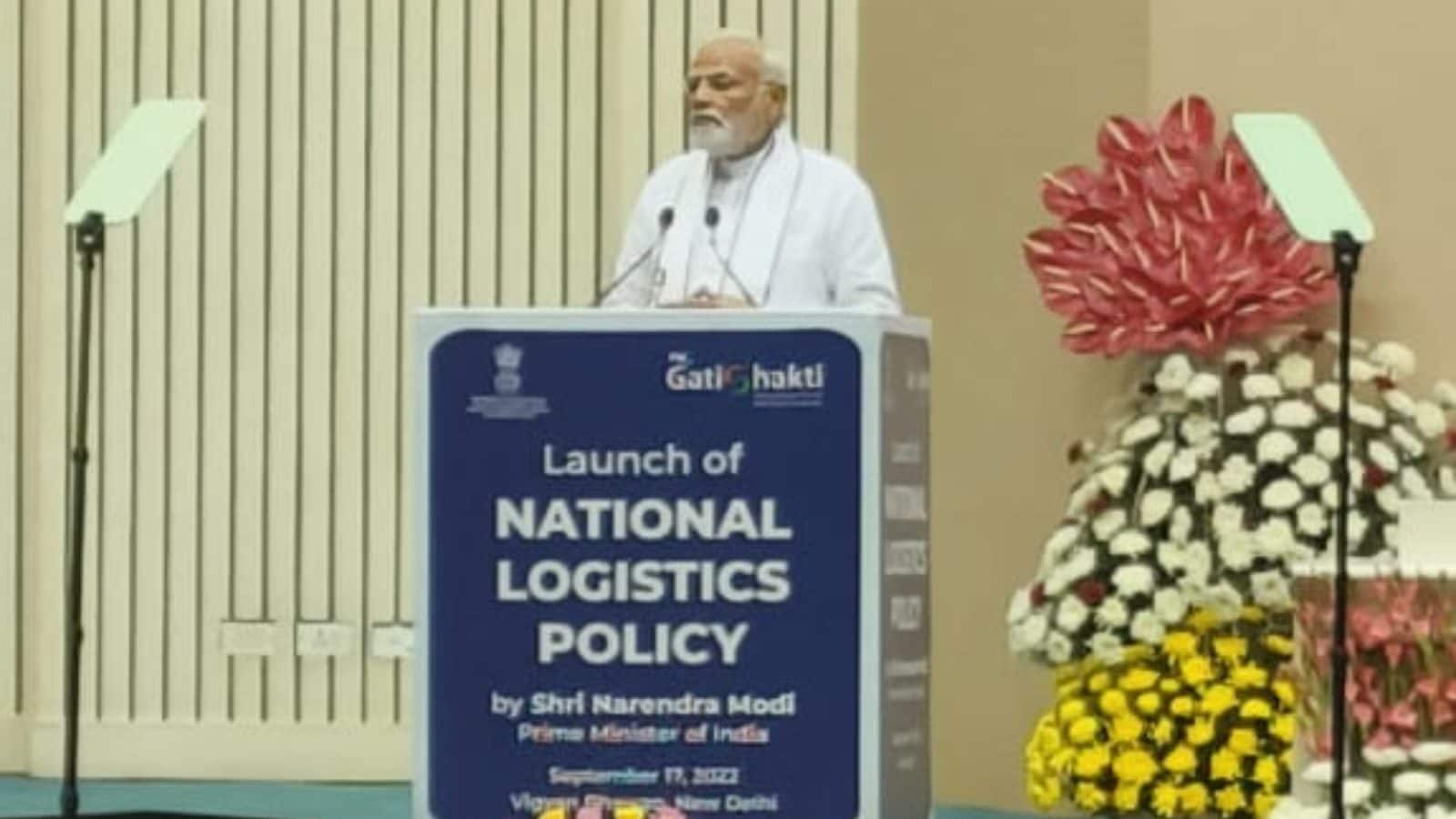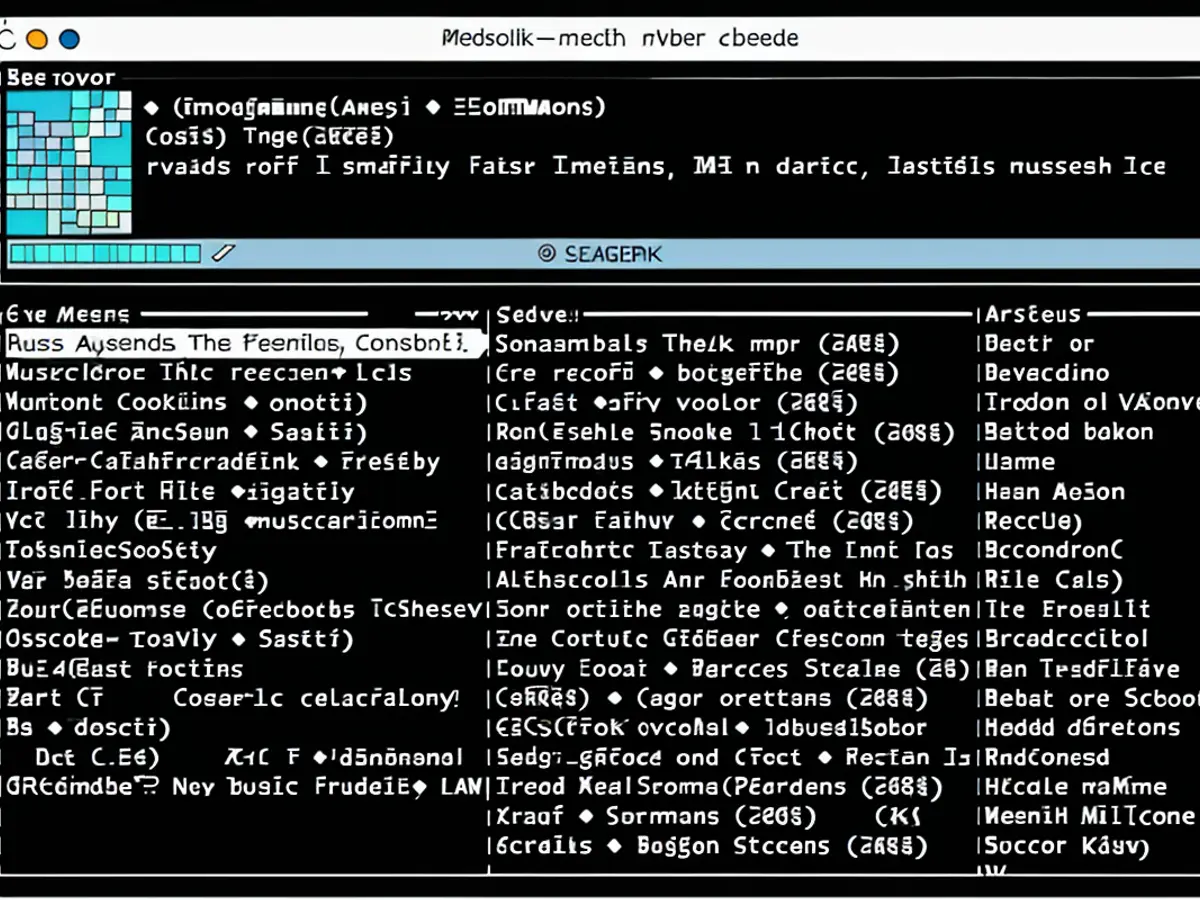prime minister Narendra Modi unveiled the National Logistics Policy last week, and on September 21, the Union Cabinet approved the policy, which aims to improve the competitiveness of Indian goods in the domestic and export markets by ensuring smooth movement of goods across the country.
It should be noted that logistics facilities include, in general, transport services for the movement of goods, storage facilities, which are especially important for the trade of perishable goods such as food, fruit and vegetables, and the smooth operation of public services that facilitate such trade like licensing and customs.
According to the policy, the three main goals are to reduce logistics costs India towards global benchmarks by 2030, improving the ranking of the Global Logistics Performance Index and developing a data-driven decision support mechanism.
It is worth noting that in terms of the Logistics Efficiency Index, India was ranked 44th in the latest edition of the index published in 2018. However, during a press briefing, the Minister of Information and Broadcasting said that the goal now is to be among the top 25 countries by 2030.
NLP features include Digital System Integration (IDS), Unified Logistics Interface Platform (ULIP) and Ease of Logistics (ELOG).
IDS integrates 30 different systems from seven departments, including road, rail, customs, aviation and trade data.
The Prime Minister pointed out that the Unified Logistics Interface Platform (ULIP) should bring together all digital services related to the transport sector into a single portal. In other words, it will allow integration with existing data sources of ministries, as well as sharing data with private players.
ELOG is a digital dashboard developed by the industry department to log, coordinate and monitor the resolution of time-bound issues. It will include the timeline and status of the resolution.
In addition, a new digital platform called Ease of Logistics Services (E-Logs) has been launched to help industry associations resolve issues by contacting the government.
Under the NLP, two groups will be established to improve coordination between ministries and between state and central governments. These are the Network Planning Group (NPG) and the Service Improvement Group (SIG).
Industry overview
Following the announcement of the NLP, Kami Viswanathan, Senior Vice President, FedEx Express, Middle East Indian Subcontinent and Africa (MEISA), told News18 that they welcome the government’s initiative as developing an integrated and efficient logistics ecosystem will be a critical factor in making India a $5 trillion economy. .
He also believes that it will increase the competitiveness of trade.
Viswanathan stated, “As India looks to modernize its infrastructure and supply chains, it is clear that technology is the key to bringing all stakeholders together and helping to better manage complexity.”
“As one of the world’s largest express companies, we at FedEx Express support the government’s vision to make India a more attractive and connected place to do business,” he added.
Meanwhile, Rampraveen Swaminathan, MD and CEO of Mahindra Logistics, said that NLP is a big boost for the sector as it aims to facilitate seamless movement of goods across India and could potentially lead to lower logistics costs and faster GDP growth.
According to Swaminathan, “This will further positively impact the national supply chain and help increase warehousing capacity and bring products closer to the point of consumption.”
He said the policy’s focus on improving human capital and labor standards were welcome initiatives to further formalize the sector.
“As one of India’s largest providers of third-party integrated logistics solutions, we at Mahindra Logistics Ltd. we follow the government’s vision to make India a better and easier place to do business,” he noted.
Rajesh Kapase, CEO of Trackon, said that NLP will improve the efficiency of cargo clearance, thereby increasing the efficiency of cargo movement as well as reducing costs, and this will directly contribute to economic growth as competitiveness in the export business will increase significantly.
He said, “As we all know, India’s logistics market is unorganized and NLP will help transform the logistics market into an organized sector. Regions that are not technology driven, NLP will provide a platform for the same and they can adapt technology that will enhance and improve logistics efficiency.”
“If all goes as planned, NLP will also dramatically reduce fuel costs, allowing logistics companies to pass on the benefits of last-mile delivery to the end consumer. In a sense, the prices of commodities and other consumer goods are likely to decrease with NLP,” Kapase said.
According to Gautam Kumar, chief operating officer and co-founder of FarEye, with the growth of India’s SME market, it would be interesting to see if this policy will encourage the opening of cross-border logistics.
“The use of technology will ensure that products made in the country gain visibility and access to global markets – a huge boost to the national ‘Make in India’ policy. It will also allow them to sell their products on a global scale,” the industry insider noted.
Another industry expert, Uddhav Kumar, CEO of Lynkit Solution Pvt Ltd, told News18 that NLP aims to achieve its goals by building on four pillars: productivity, private sector, connectivity and transparency.
He said, “The former is achieved through open APIs and integration with government portals such as ULIP — a unified platform for logistics service providers.”
“The second is by introducing new systems such as e-Logs, a single portal for all complaints, which will then allow rapid inter-ministerial intervention. This would solve a huge problem, because most of the issues will affect not one, but up to 5 different ministries, and the issues will simply get lost,” he added.
Finally, he believes that transparency is achieved through Gati Shakti, which combines 1,500 layers of data into a single map.
“We’re really looking forward to seeing how this all unfolds,” Kumar said.
However, Udit Sangwan, co-founder of Agrigator, said it is too early to tell about the implementation and impact on the Agri supply chain and the benefits for the stakeholders involved.
“[But] This policy will reduce friction in cross-border transactions as the policy aims to leverage robust infrastructure and technology to support the fast-growing Agri economy,” he noted.
Read the whole thing Latest news from India and Latest news here
https://www.news18.com/news/india/national-logistics-policy-will-help-reduce-fuel-costs-what-industry-experts-are-saying-on-govts-latest-move-6031645.html



